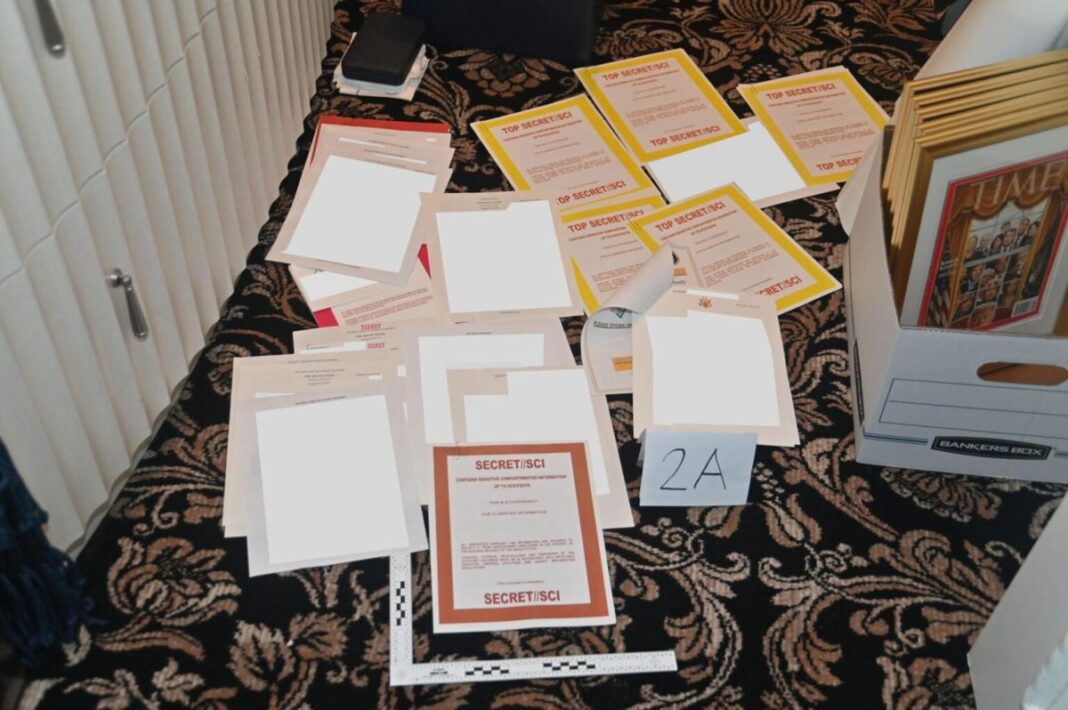
The trial is set to begin in May, but Judge Cannon said she will rule on whether to postpone the proceedings until after the 2024 election.
FORT PIERCE, Fla.—U.S. District Judge Aileen Cannon heard arguments from special counsel Jack Smith’s office and attorneys for former President Donald Trump and co-defendants Walt Nauta, his butler, and Carlos De Oliveira, the Mar-a-Lago property manager, about the reviewing of evidence that may affect the case’s schedule.
The defendants were charged earlier this year with mishandling classified documents, and all have pleaded not guilty.
During the Wednesday hearing, Todd Blanche, attorney for President Trump, argued that “everything has changed” since the original trial date was set for this case.
The two main issues at hand are the volume of evidence and the fact that President Trump’s other criminal cases may likely overlap with this case schedule.
The two main issues at hand are the volume of evidence and the fact that President Trump’s other criminal cases may likely overlap with this case schedule.
Discovery
The FBI raided Mar-a-Lago in August 2022, seizing classified documents and materials, leading to the indictment against President Trump and his two Mar-a-Lago staff.
Judge Cannon, presiding over the case, had earlier issued an order that the government pause using the materials it gathered in the raid, but the decision was overturned by an appeals court.
Given that classified documents are central to the case, the discovery process has involved the need to set up sensitive compartmented information facilities (SCIF) wherein the documents provided by the government can be reviewed by the defense. There is one set up in Miami but not in Fort Pierce, where the court and case reside.
So far, the government has provided 1.3 million pages of unclassified materials, 3,500 pages of classified material, and about 10 years’ worth of security footage.
Defense attorneys argued that they have not finished going through this volume of evidence and will still need to compel further discovery from the prosecution after an adequate review. The original deadline to file motions to compel was Oct. 20, which prompted the request for an extension.
By T.J. Muscaro and Catherine Yang






